UA Faculty Shifts to Online Education in Innovative Ways due to COVID-19
Four UA professors discuss adjustments and achievements in the classroom.
April 5, 2021
The pandemic has abruptly changed the lives of both students and faculty here at The University of Akron. After writing an article last fall about how students were feeling about the transition to online learning, I wanted to give the faculty a chance to showcase how they have innovated within the shift.
Daniela Jauk Ph.D., a second-year Assistant Professor in the Departments of Sociology and Criminal Justice and Akron alumnus, says that the most challenging part of the shift was and still is, “the trauma we all carry of not being able to connect personally and the sickness and deaths we are confronted within both the media and personal environments,” as well as, “translating compassion and a democratic learning environment into virtual learning spaces.”
When it came to innovating her teaching style, Jauk says she has “amped up compassion, starting each class by relaying to students that we cannot ignore the external and internal pressures; we need to show up for each other and grant each other some slack.”
Jauk has chosen to work with no or flexible deadlines and has even created new assignments, such as integrating creative and art assignments into the sociology classrooms to “create space for joy and creative, inspirational engagement.”
She has also used community partner Prison Abolition Prisoner Support to connect students in her Intro to Criminal Justice class with incarcerated pen– pals “to learn about the criminal justice system through the lens behind the bars with the purpose to humanize incarcerated individuals and debunk myths and sensationalist media portrayals,” she continued.
Jauk always encourages students to remember to take “digital detoxes” when taking online courses and emphasized her compassion for students who must maintain jobs, have had COVID-19, have lost someone to COVID-19, and still manage to show up for classes.
And of course, she appreciates the kindness of her students, “Hats down to these resilient spirits and perseverant achievers, who still manage to be kind in their communication with instructors, who are of course humans too, in the same pandemic.”
Dr. Adel Alhalawani, Assistant Professor of Instruction in the Department of Biomedical Engineering, joined The University of Akron in fall 2019. The most challenging aspect of converting to online learning for Alhalawani was, “engaging with students virtually and incorporating class group work and activities.”
“To adapt to online learning, I explored different options such as using a smart screen, distance learning classrooms, different video conferencing applications and student feedback on what would work best for them,” Alhalawani continued, “distance learning classrooms worked really well, especially for my dual-delivery classes and student feedback and discussions allowed me to think outside the box.”
His advice to students that plan to continue taking online courses as restrictions loosen is to resist all distractions that prevent them from learning. Alhalawani urges students to communicate with their instructors and don’t be afraid to ask them for more engagement activities.
“Some tools that I implemented to help students stay engaged were having cameras turned on during classes, offering one-on-one meetings and utilizing breakout rooms for group work,” he continued.
Alhalawani says one of the things that stood out to him was his student’s adaptability to online learning and their honesty with him to help come up with solutions for some of the problems they face in class.

Top Right: Adel Alhalawani, Assistant Professor of Instruction in the Department of Biomedical Engineering
Bottom Left: Alexa Fox, Assistant Professor in the Department of Marketing
Bottom Right: Dr. Heather Braun, Associate Professor and Internship Liaison (images via The University of Akron)
Dr. Alexa Fox, Assistant Professor in the Department of Marketing, started teaching at UA in 2017 and is a two-time alumnus as well. Fox says that the most challenging aspect of transitioning to online learning was the struggle to set appropriate expectations.
“Much of the content in my courses lends itself to an online environment quite nicely but striving to meet student expectations as all classes on campus navigated uncharted waters posed a unique challenge,” Fox says. “Overall, I think UA faculty rose to the occasion, finishing out a most unique academic year as effectively as possible.”
Fox provided an example of her online innovation by explaining the midterm project her students do in her Social Media Marketing class.
“Students conduct a critical analysis of a social media marketing trend that is impacting the marketing field and deliver their insights as a written blog post and then as a discussion during a live stream event hosted on the Department of Marketing’s Facebook page,” she explained. “While the live stream event has typically been filmed in-person in the Taylor Institute for Direct Marketing TV studio, the event was adjusted for the new online format of the class. I worked with MONSTERS Unlimited, a local creative agency to make this happen so that students could still have a unique and dynamic experience engaging project.”
Fox emphasized pride in how her students still delivered high-quality trend assessments to the audience and shared useful insights about whether or not the social media marketing trend they studied was worth getting behind.
Dr. Heather Braun has been teaching in the English Department of The University of Akron since the fall of 2013. For Braun, the biggest challenge has been “reading the room,” by assessing the moods and specific needs of a class. She shared she has been recently trying to reframe this, realizing that she sees more faces online since everyone would be wearing a mask if her classes were in person.
“Letting go of the expectation that online learning will be the same as in-person learning has also helped me stay curious and be more forgiving of myself,” she added.
When it comes to innovation, Braun starts by “meeting students where they are, recognizing that they’re all living full and complex lives.”
“Connecting with students as individuals and giving them opportunities to connect with each other—in breakout rooms, online chats, virtual discussion boards, or just a fun activity—decreases their anxiety and increases how well they work together and engage in the class,” she continued.
Braun has had to rethink how she creates shared relevance with her students and with the course material by showing how it connects to their lives and experiences outside of the classroom. She encourages students that plan to continue online learning to make the effort by contributing to every class in hopes that students feel more seen and like a part of a community that supports them.
One of the biggest things that have stood out to Braun was a recent situation with a student.
“She shared the challenge of leading a group online and which activities she had tried that worked well, so I invited her to design and lead an activity for our class. Not only did doing this give her confidence to create improved iterations for her student organization, but it also encouraged others in our class to give feedback and help her improve and expand on her ideas.”
Braun emphasized that she is especially proud of how her students have moved beyond the limitations of this moment to ask for help, learn new skills, be vulnerable and creative and help others feel less alone.
Students and faculty have both experienced an unprecedented time throughout the course of the pandemic. Here at The Buchtelite, we want to extend a round of applause to our faculty as they faced challenges head– on and created a safe learning environment for all students at The University of Akron.
Thank you, faculty!


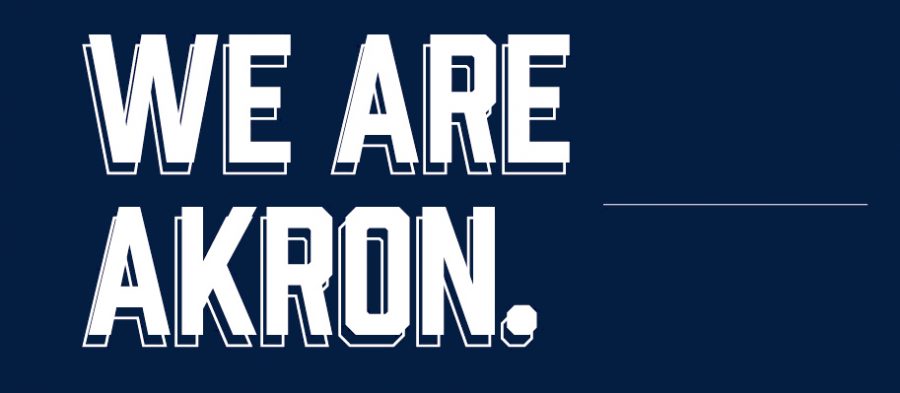
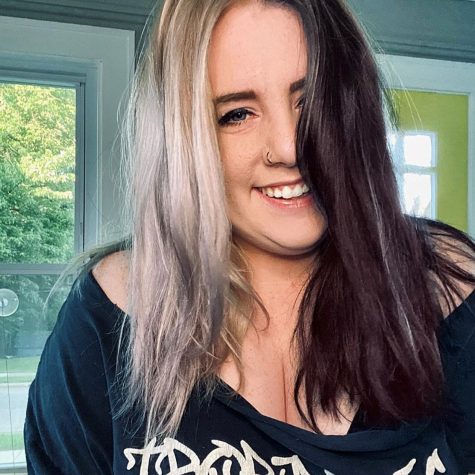






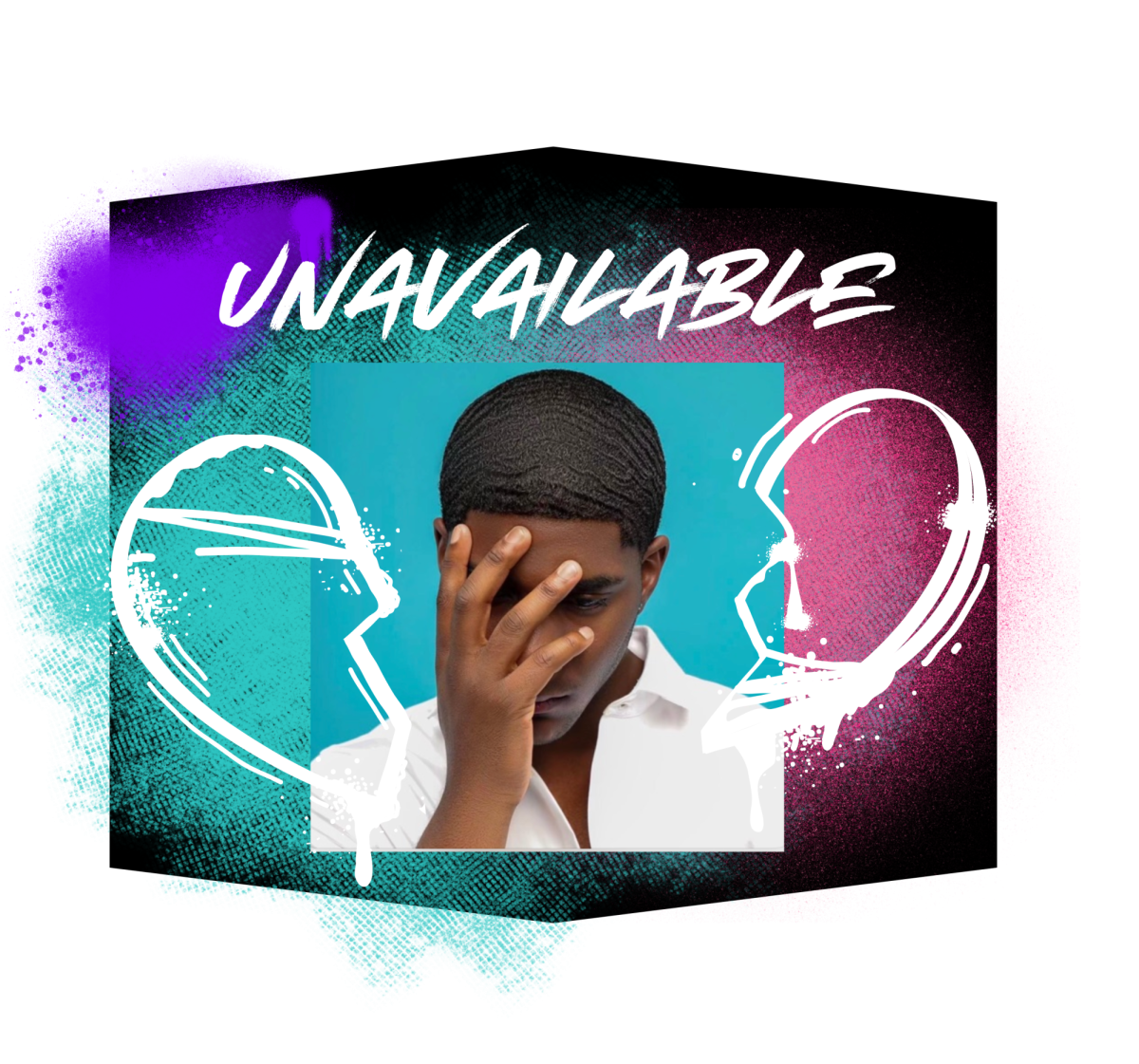


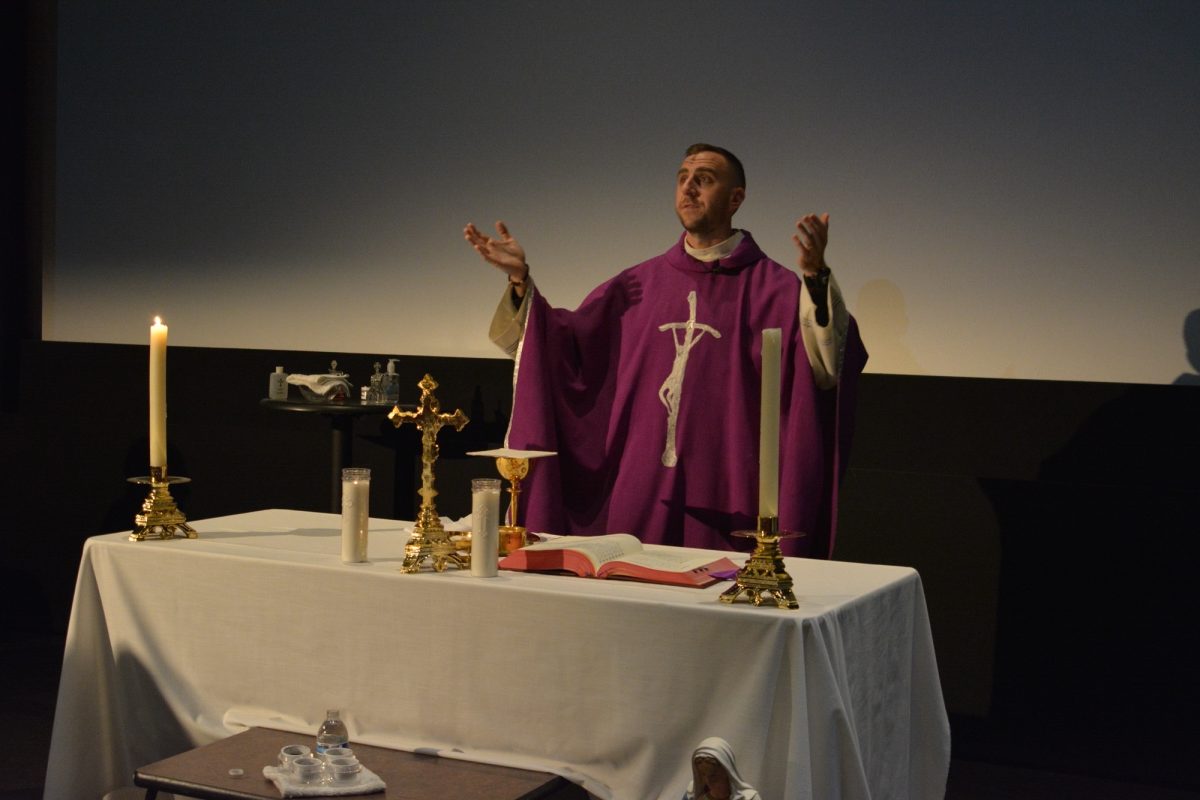
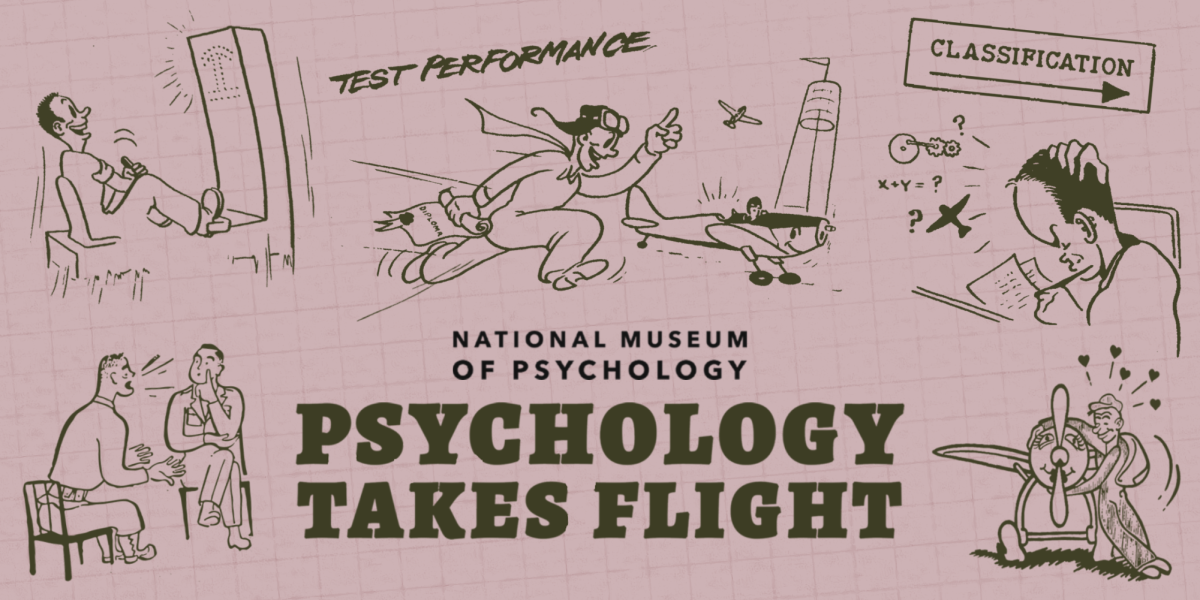

Save Uakron • Apr 8, 2021 at 7:14 AM
Although we appreciate this piece very much as well as the struggles of faculty, staff, and students during the pandemic we could not help but notice that the faculty interviewed are all younger faculty with far less than 10 years of experience. It would be very wonderful and perhaps seem less like age discrimination to follow up with older and more diverse faculty. What about faculty of color or faculty within disciplines that are more diverse?